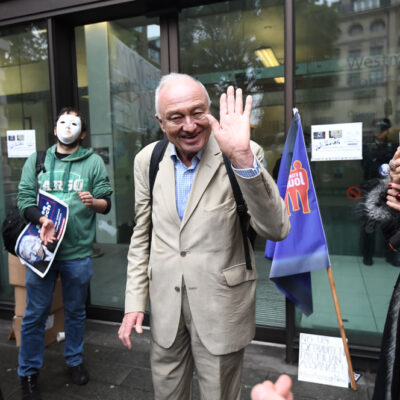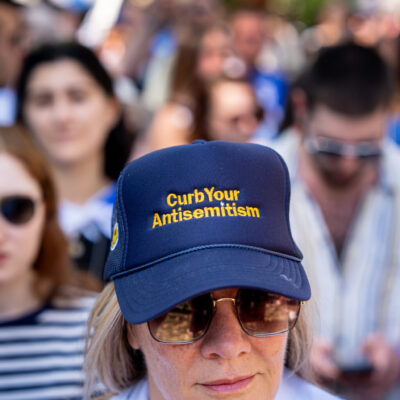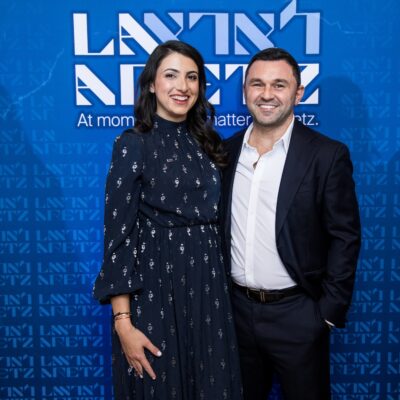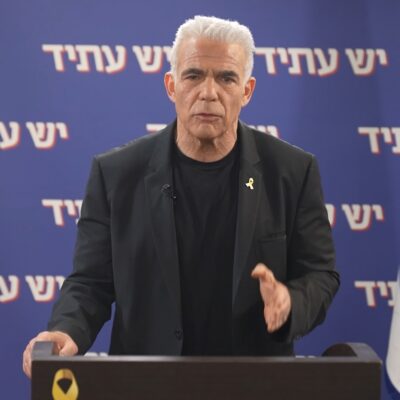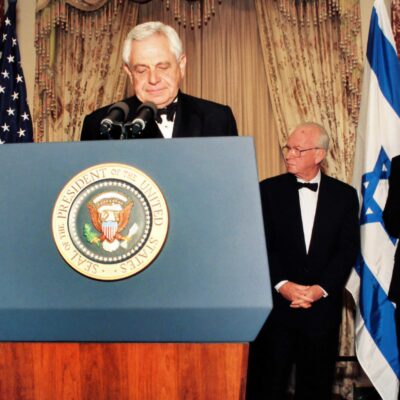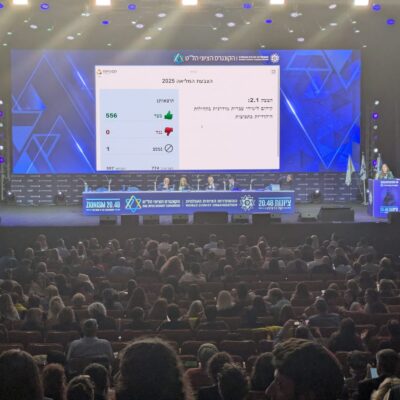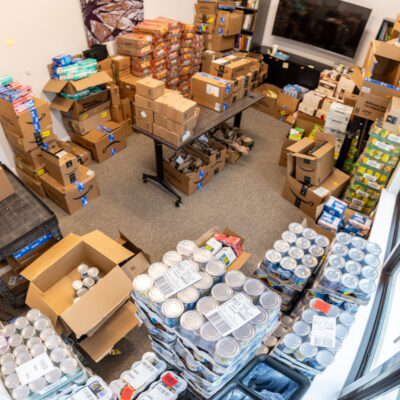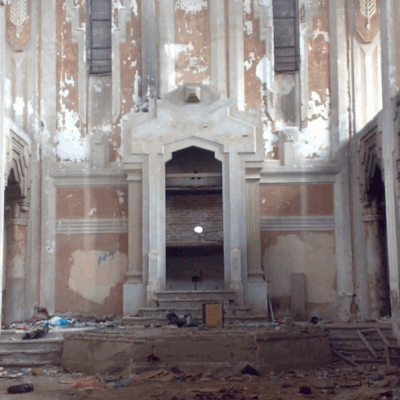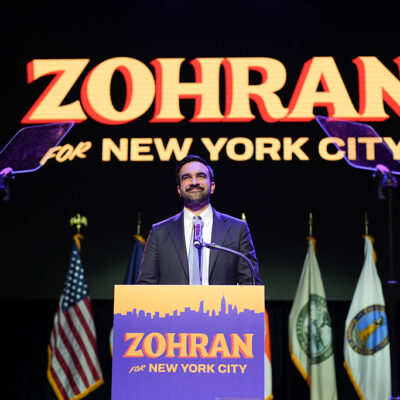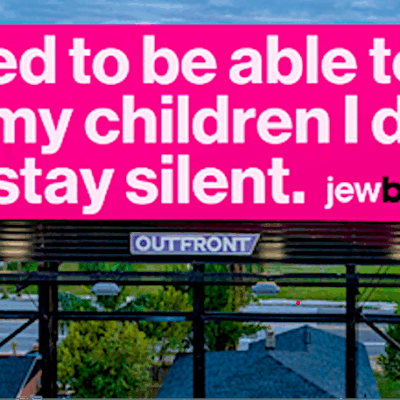Opinion
It Takes a Village: New Beginnings in Kfar Shalem

By Emma Eytan
The floors are lined with soft puzzle pieces – a comfortable space for new mothers to sit and nurse their babies while toddlers roll around and social workers chat with families. Colorful bookshelves line the walls of the playroom, topped with baskets of toys of all sizes, textures, and characters. Opening the door to this room, it is difficult for an outside viewer to differentiate between the parents and staff members, or to identify which child belongs to which adult. This is the essence of community. This is the Jaffa Institute’s new Parent-Child Center in Kfar Shalem.
In this southeastern Tel Aviv neighborhood, long-time residents of various ethnic backgrounds and levels of religiosity coexist, bonded by their deep familial roots in this area that they call home. The residential blocks are characterized by apartments filled with large families plagued by widespread intergenerational poverty. While Israel rapidly develops, this community remains invisible as a toxic combination of elevated high-school dropout and unemployment rates persists along with drugs, violence, and other negative influences. In Kfar Shalem, impoverished first, second, and third-generation families alike struggle to raise their children in a way that will enable them to matriculate from high school, gain high positions in the army, continue onto higher education, and leave a positive mark on Israeli society. Instead, they are stuck.
This summer, the Jaffa Institute opened the Parent-Child Center in Kfar Shalem, known amongst locals as the “Community Protection Program.” A beacon of hope in the neighborhood, the Center is a free, open-door facility, operating three days a week. Removing the stigma and intimidation of being labelled “at risk,” any resident in the community is welcome to attend the Center. Serving as guides, the staff enrich the children’s education while helping the mothers to cope with common difficulties such as post-partum depression, loneliness, stress, and even practical issues. Congruent with the Jaffa Institute’s long-term holistic service model, we plan to enhance the Center in the New Year by providing therapeutic support, including art, speech, and occupational therapy, as well as empowerment workshops for mothers. Through this support, the Center will help the women to feel empowered, assisting them to create a meaningful and successful community of their own, outside of the Center.
The Kfar Shalem Parent-Child Center is more than a basic help center. Through women’s empowerment workshops and participant-inspired programming, the mothers bond with one another. In a collaborative effort between staff and participants, workshop topics cover a variety of subjects relevant to the mothers. Past workshops have included “Together and Alone: Finding Independence within Parenting,” “Ah! Monsters!: On Dealing with Childhood Fears,” and “To Be or Not to Be: Parental Boundaries.” In addition to these educationally-enriching workshops, staff at the Center put together social gatherings, such as movie nights, yoga, belly dancing, and karaoke, providing the mothers with time to enjoy the company of their peers while lending a creative outlet for ingenuity and personal expression.
By taking an active role in the daily programming of the Center, having a voice in the workshops, and forming lasting friendships between mothers and children alike, these parents give life to the Center. Parents are empowered by this program to make more decisions in their home, to have an active voice in their community, and to show pride in their neighborhood by making active choices every day to make it a better place to live. Each parent at the Center gives to it equally as much as they receive.
As we near the celebrations of Rosh Hashanah, we find hope in observing the new experiences, laughter, and tears shared by the parents at the Center, which help to create meaningful connections, thereby strengthening the community of Kfar Shalem beyond the bounds of the Center.
* Kfar Shalem literally translates to “A Complete Village”
Emma Eytan is a Grants and Development Coordinator at the Jaffa Institute – a private, nonprofit, organization that assists severely disadvantaged children and their families to break out of the cycle of intergenerational poverty in Israel.

 Add EJP on Google
Add EJP on Google